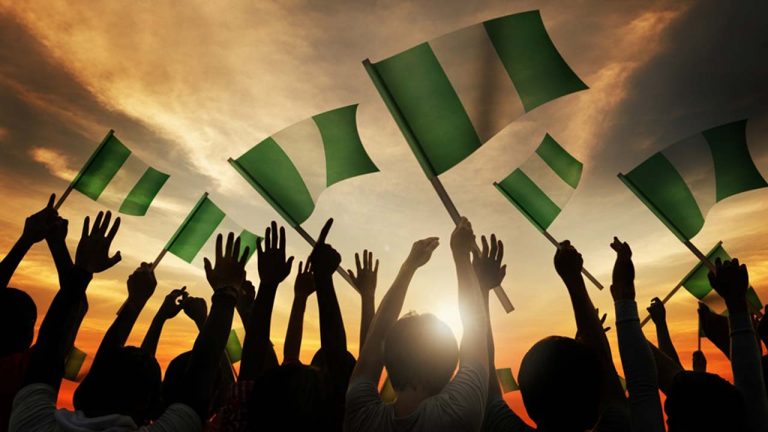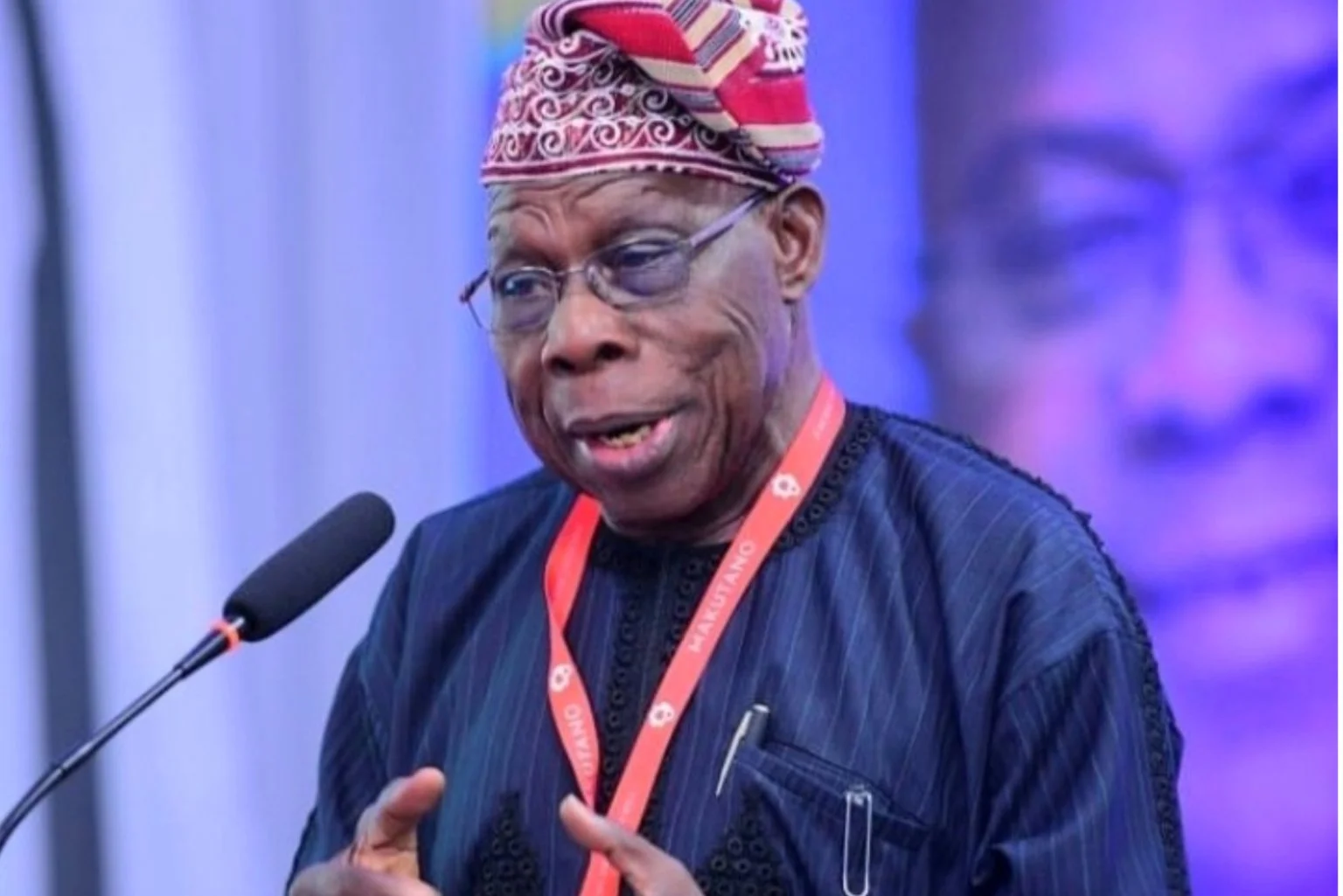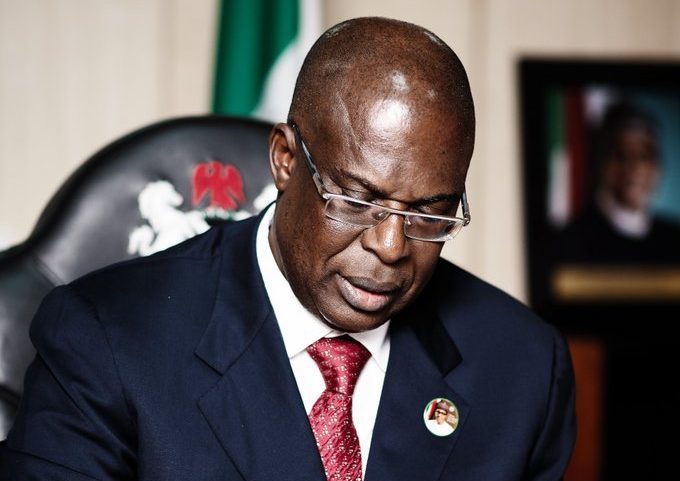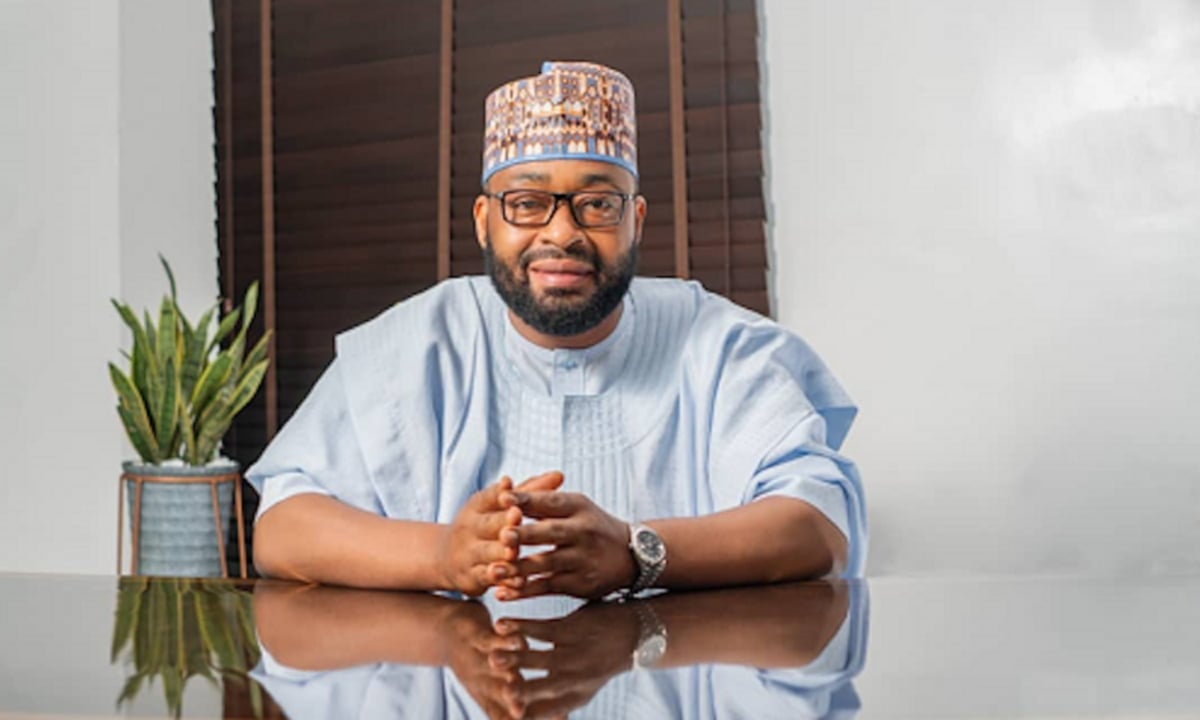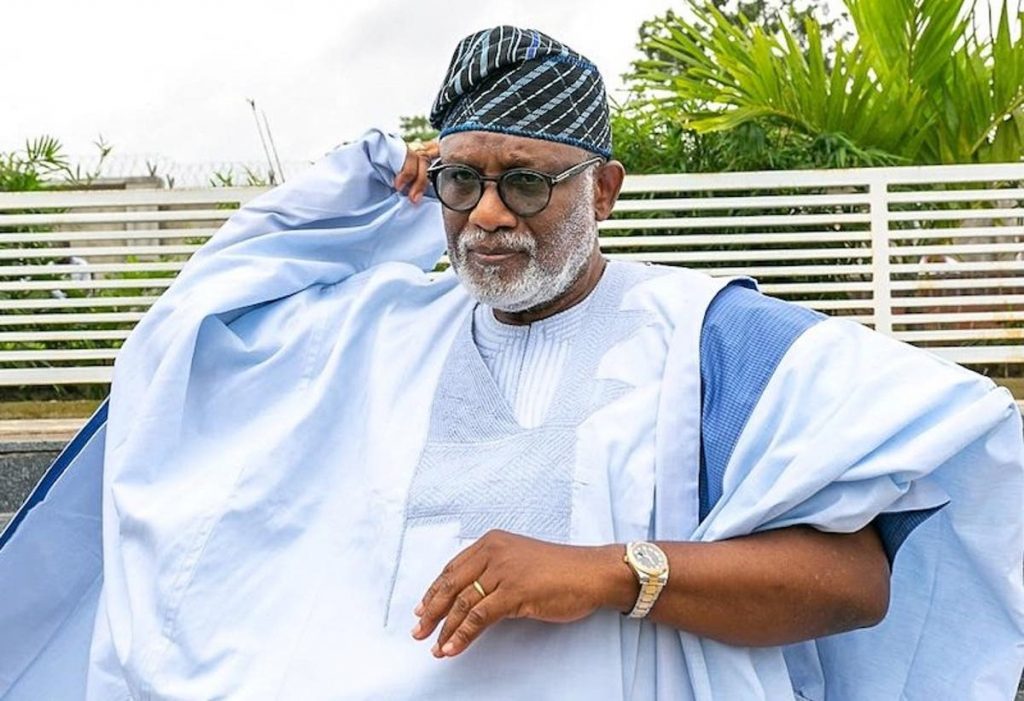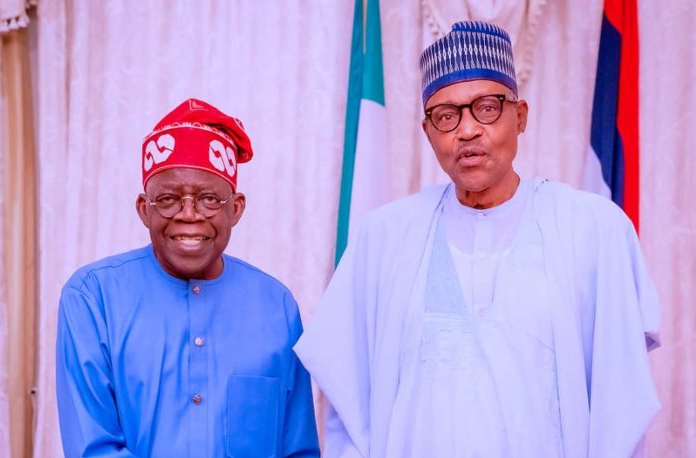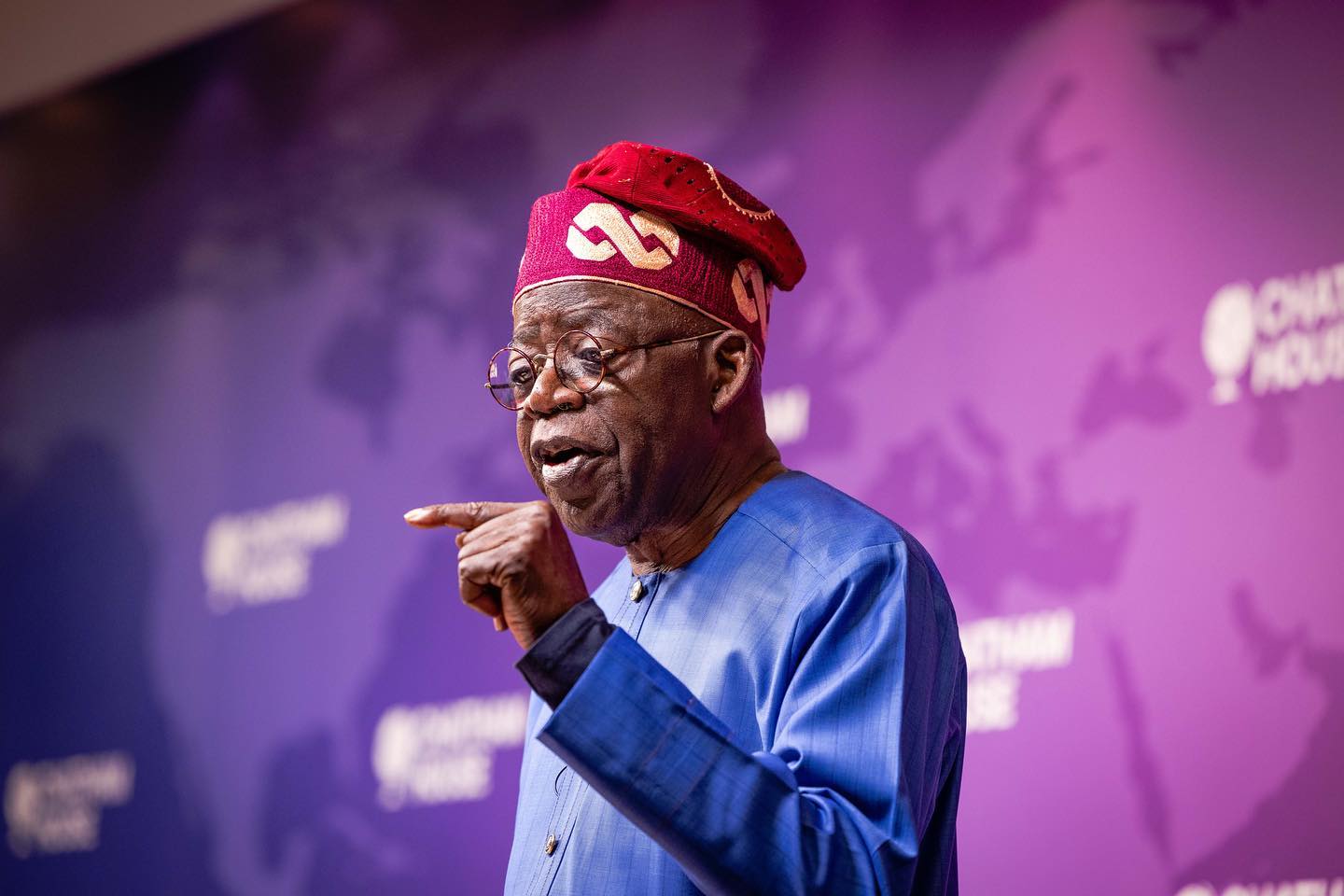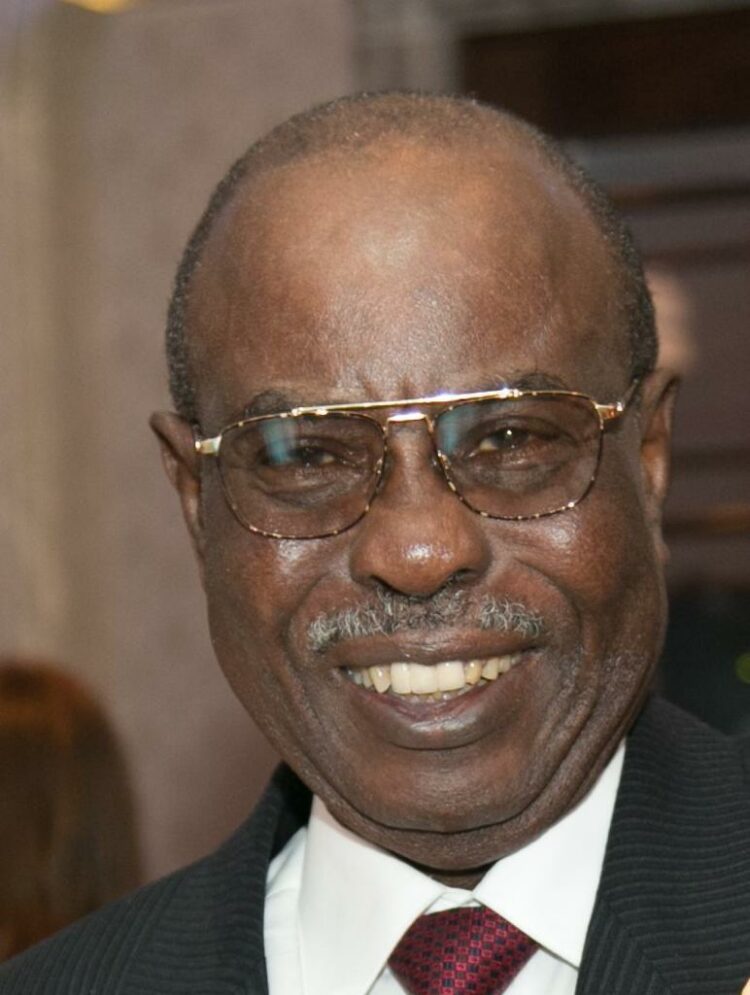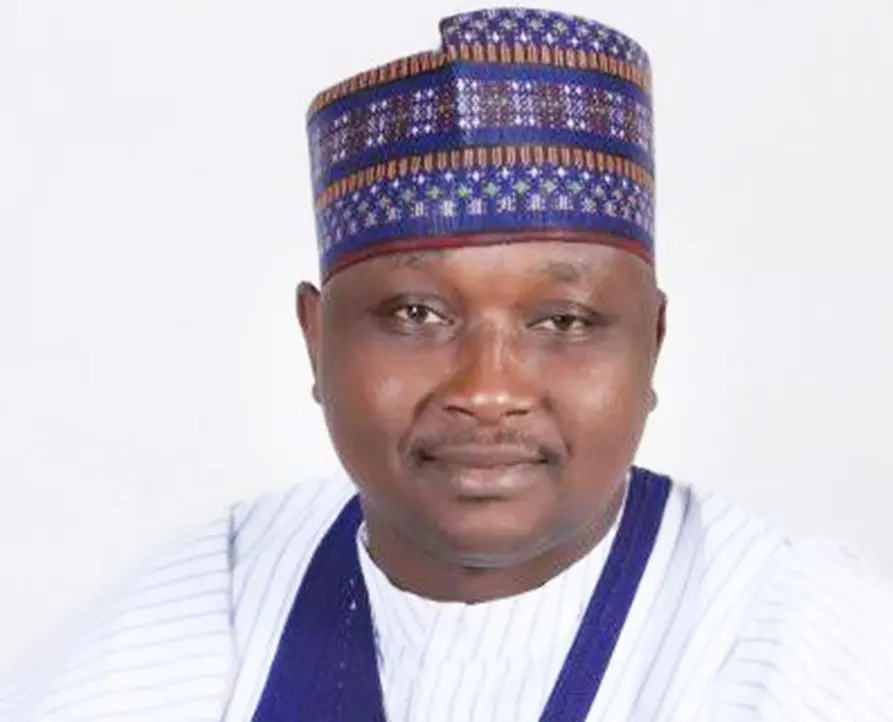Kayode Fayemi gives a incisive insight into Nigeria’s 20 years of democratic journey in a speech delivered at a meeting in Washington DC, the United States, and titled: “Twenty Years of Democratisation in Nigeria: Successes and Challenges”
Let me thank the leadership of the United States Institute of Peace – President Nancy Lindborg, Ambassador Johnnie Carson and the team for the continuing interest in Nigeria’s democratic journey and particularly for the privilege of speaking at this important event. It is always a pleasure to return from the blast furnace of Nigerian politics to the rarefied atmosphere of intellectual engagements.
All over the world, democracy seems to be facing an existential crisis. In his latest book, Ill Winds (2019), my teacher and friend, Larry Diamond captures the essence of this crisis. He writes, “After three decades in which democracy was spreading and another in which it was stagnating and slowly eroding, we are now witnessing a global retreat from freedom. In every region of the world, autocrats are seizing the initiative, democrats are on the defensive, and the space for competitive politics and free expression is shrinking. Established democracies are facing relentless scandals, sweeping citizen disaffection, and existential threats to their survival.”
There is no Nigerian exceptionalism to the picture painted by Professor Diamond, but the Nigerian picture exemplifies why democracy is a journey full of potholes, hills, valleys, undulating lands rather than a destination with a clear road-map.
In the period preceding Nigeria’s transition to democracy in 1999, especially since the annulment of the June 12 1993 election, I spent my time literally at the barricades, seeking to democratise and humanise power in Nigeria. In the last decade, I have become one of many placed in positions of power, holding power in trust, and seeking to deploy power in the service of public good.
Therefore, in addressing the question of successes and failures of our democracy in the last two decades, my reflections this morning really centres around understanding the relationship between fighting against and fighting for.
While much of what we did during the years in the democracy struggle was constructed as a struggle against unaccountable power, it was also a struggle for accountable power, a struggle for life, for liberty and for the pursuit of happiness – as the American credo would have it.
Our resistance at the barricades was consequently not only to stop power from violating the commonwealth and the people’s will, but also one geared towards putting it in the service of the common good to create a life more abundant.
The context and process of that journey to democratisation is however as important as the eventual outcome. Whether we agree about the successes and challenges, I believe our discussion this morning should not simply be one of transition from military rule to political society, but the extent to which we are able to achieve full citizens’ participation in our democracy. Our discussion should also focus on the making of leaders and citizens in a good society.
Without active citizen participation, the legitimacy of our political institutions will continue to decline. For this reason, I believe strongly that political leaders – be they politicians or activists – should worry because their ability to lead effectively is being seriously undermined by the desertion of the average citizens from the public space, deepening our crisis of legitimacy and empowering alternatives to democracy – especially populist demagoguery.
Yet this lack of legitimacy cuts both ways: when we the people withdraw our trust in leaders or discountenance politicians, we make our democratic institutions less effective and risk making ourselves ungovernable. In spite of the progress made so far in Nigeria, this risk cannot be over-emphasised. But, first, the context of our transition!
1999: False Dawn or Little Beginnings
While the elections of 1999 were generally welcomed both in Nigeria and abroad as a crucial turning point, the optimism in some quarters was more cautious. Considering our long history of military tyranny, it seemed prudent to emphasize the distinction between holding elections and implementing genuine democratization of structures and systems that had been shaped by totalitarian instincts for almost two decades.
At the time, I was personally of the view that real democratization would require more than voting; it would require a complete rethinking of how our society was organized.(Fayemi:1999). Yet, among the many qualities of democracy, free and fair election is one of the most important. Without committing what scholars have described as the “fallacy of electoralism”, we can say: no election, no democracy and within that context, Nigerians were right to have embraced the exit of the military and the return of the ballot.
In any case, for the democracy movement at the time, it was a case of anything but the military. The assortment of activists and politicians mainly wanted the military out of power. The politics of taking over power was a secondary consideration. As such, the pro-democracy movement was in no shape to comply with the organizational demands of a nationwide campaign for power.
There were also genuine disagreements over the way forward by key elements of the movement. Some favoured entry into the field to contest for power in the post-military era. Others wanted a continued struggle to realize far-reaching constitutional reforms. While some opted out entirely, preferring to boycott the transition process until their demands for deeper constitutional and structural changes were implemented.
Thus divided by significant disagreements on tactics and strategy, the movement could not reconstitute itself into an effective political actor. Moreover, at the end of military dictatorship, the movement was too weak, exhausted by the stress of confrontation and the enormous toll that the struggle had taken, to really mount a realistic political challenge.
For these reasons, when the shape of the 4t h Republic emerged, it seemed that those who had worked the most to enthrone democracy were sidelined while those that had been beneficiaries of and collaborators with military regimes took center stage.
On hindsight, it may be said that the pro-democracy movement suffered from a lack of strategic definition in terms of articulating the next phase of the struggle. We were so pre-occupied with getting the military out of power that we did not have the time to devise appropriate tactical and strategic responses to that very eventuality.
In the event, the all-consuming haste to get the military out of power also framed some of the troubling birth defects of the 4t h Republic, chief among them being the fact that the constitution – the guiding document of the republic was not generated through a popular democratic process but by a conclave that edited past constitutions. Indeed, the 4t h Republic commenced before anyone actually saw the constitution.
But at the time, the overriding imperative was to get the military out of power. Concerns about the provenance of the constitution were deemed nitpicky or churlish worries that could prolong military rule. No one wanted to give the military an excuse to stay a day longer especially when the regime at the time was minded to make a swift exit.
The late Chief Bola Ige once observed that what occurred in 1999 was not a transition from military dictatorship to democracy but from military rule to civilian rule. By this he meant that 1999 had not ushered in democratization in one blow but rather a phase of demilitarization that would ultimately lead to democracy.
My own sense of the transition in 1999 was that it had been shaped significantly by the manner of Abacha’s exit and the arrival of General Abdulsalam Abubakar who eventually handed over to the elected civilian government. The dominance of the ruling party’s hierarchy by retired army generals and civilians with close links to military elites set the tone for party formation and resulted in an authoritarian presidential leadership rather than authentic democratic governance.
I have once argued that, in essence, the nature of the transition did not ensure a transformation of the political culture that would have led to a complete overhaul of our systems and structures; it merely effected a re-arrangement of the political space. (Fayemi: 1999).
The politico-cultural fundamentals that inform the conduct of elites remained the same. The widespread euphoria that accompanied the exit of the military and the entry of a civilian government prevented a sober appreciation of how entrenched the military had become in all aspects of Nigerian life. Many of the challenges that our democracy is experiencing now cannot be extricated from that complicated history and from the residue of its military provenance..
Regardless, it is important not to understate or devalue what occurred in 1999. A transition did happen. However lofty the expectations of the citizenry may have been regarding the advent of democracy, no realistic student of power dynamics could have imagined that democracy would flower so quickly in Nigeria given the long decades of military rule, which had warped public consciousness and institutional instincts. It is, therefore, far more useful to see the 1999 transition as a case of humble beginnings and baby steps on the way to democratic maturity rather than a false dawn.
The Journey so far
The last two decades of democratisation in Nigeria has witnessed significant social, economic and political changes. Although the record is mixed and the debate rages on between ‘Naija-optimists’ and ‘Naija-pessimists’, there seems to be a more vibrant industry of ‘Naija-pessimism’ out there that leaves no room for ‘Naija-realism’.
Indeed, one often shudders at the various epithets used to describe the condition of the Nigerian state in political science and popular literature – failed, collapsed, incapable, proforma democracy, to mention but a few. Some scholars have also responded to many of the dark prognoses on the Nigerian state by describing them as the ‘collapse thesis’.
My intention within the short time allotted to me is not to indulge in philosophical and/or theoretical postulations about the Nigerian condition. However accurate these scholarly prognoses are, they remain incomplete in their inadequate analysis of the process and dynamics of change and in their focus on outcomes. As argued elsewhere, both optimists and pessimists of the Nigerian condition focus on outcomes, linking these outcomes in a linear relationship with particular reforms and assuming static environments’. The truth is that significant variations often exist in between these broad generalisations when we move away from outcomes and focus on the quality, texture, tenor and content of democratic and governance reform in Nigeria.
Equally, we must move away from a focus on judgments pegged to macro-reforms on big-ticket issues – democratisation, privatisation, anti-corruption and insecurity – that we try to measure in large, dramatic shifts. Opportunities to accelerate change and strengthen governance structures are often missed in the context of this almost exclusive macro/country level focus.
Worse, this focus may deepen the challenges inherent in the process of change, by discounting the significance in all instances of partial reforms. Rather than focus on dramatic reform or revolutionary change, it is important to understand that social change in Africa requires a longer term perspective not amenable to the typical binaries of success and failure.]

